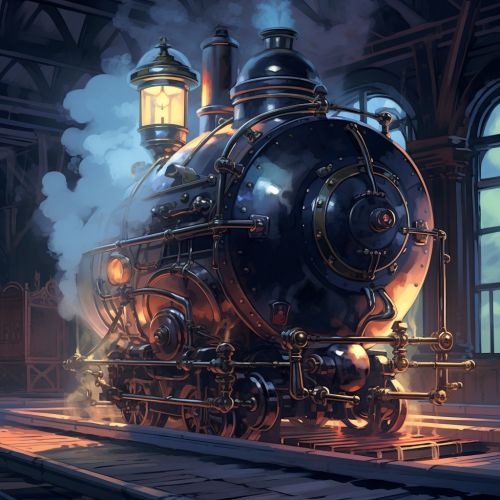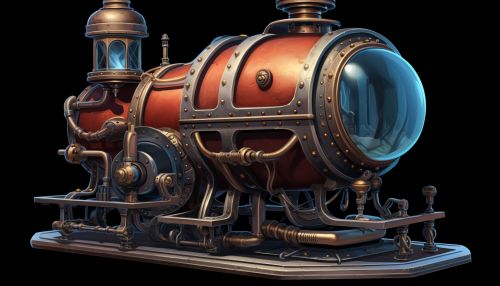Hero of Alexandria
Early Life and Education
Hero of Alexandria, also known as Heron, was a Greek engineer and mathematician who lived during the first century AD in the city of Alexandria, Egypt. Little is known about his personal life, including his exact birth and death dates. However, his works suggest that he was active around the middle of the first century AD, during the height of the Hellenistic civilization.


Hero was likely educated at the Musaeum of Alexandria, a leading center of learning in the ancient world. The Musaeum was home to many of the greatest scholars of antiquity, including mathematicians, astronomers, and philosophers.
Contributions to Mathematics and Engineering
Hero is best known for his work in mathematics and engineering. He made significant contributions to the field of geometry, particularly in the area of mensuration, which is the mathematical study of measurement.
One of Hero's most famous works is 'Metrica', a three-volume treatise on the measurement of geometric figures and solids, including spheres, pyramids, and cones. In 'Metrica', Hero also introduced the concept of 'Heron's formula', which allows the area of a triangle to be calculated using the lengths of its sides.
In addition to his mathematical work, Hero was a prolific inventor. He is credited with the creation of several innovative machines and devices, many of which were based on the principles of pneumatics and hydraulics.
Hero's Engines
Hero's most famous invention is the aeolipile, also known as 'Hero's steam engine'. This device, described in Hero's work 'Pneumatica', was an early example of a steam-powered engine. The aeolipile consisted of a hollow sphere mounted on a boiler. When the boiler was heated, steam would rise into the sphere and escape through two bent tubes, causing the sphere to rotate.


Another of Hero's inventions was an automatic theater, which used a series of ropes, pulleys, and weights to perform a play without human intervention. This device, described in Hero's work 'Automata', is considered one of the earliest examples of a programmable machine.
Legacy
Hero's work had a profound influence on the fields of mathematics and engineering. His inventions, particularly the aeolipile, demonstrated the practical applications of scientific principles and laid the groundwork for the development of modern mechanical and hydraulic systems.
Despite his significant contributions, Hero's work was largely forgotten after his death. It was not until the Renaissance that his writings were rediscovered and his inventions were studied and replicated by European scientists.
